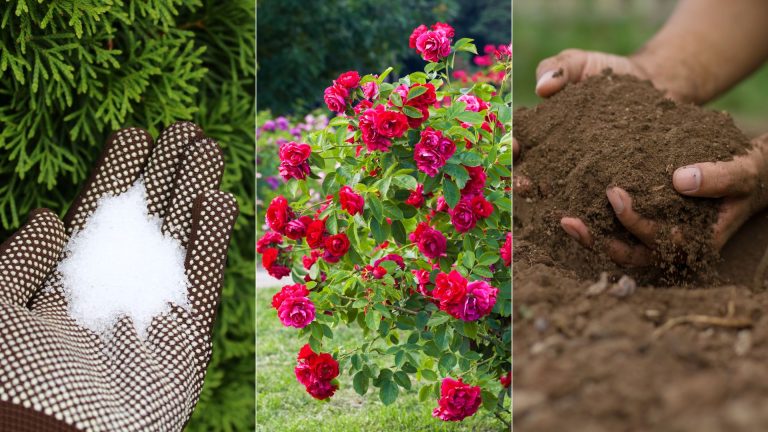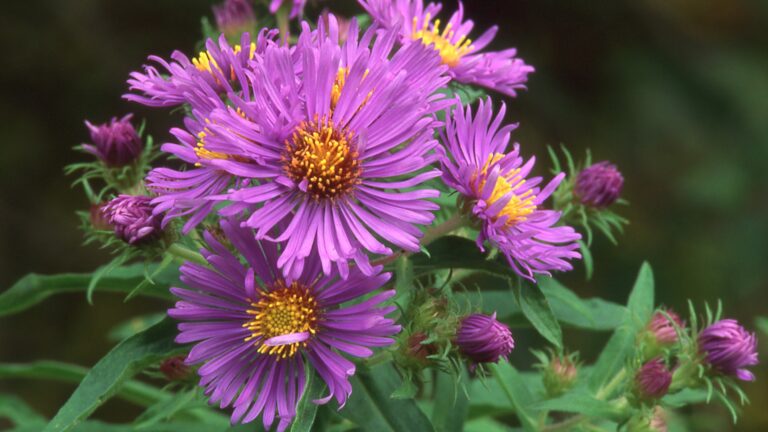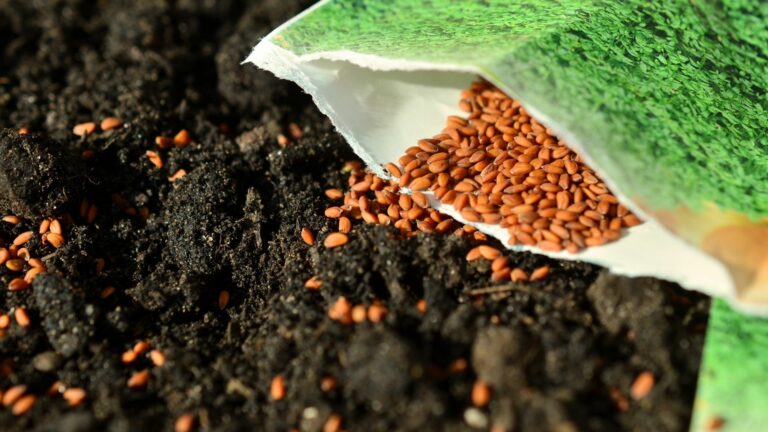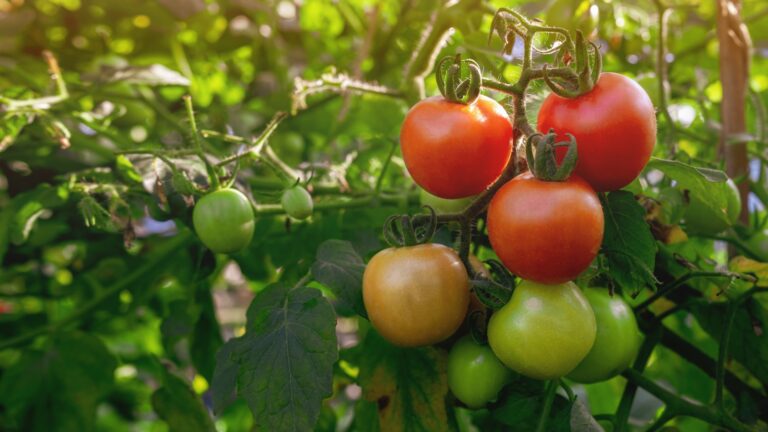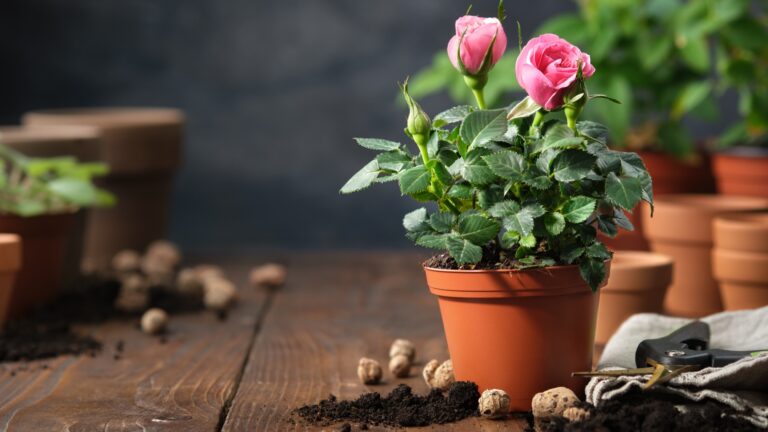25 Frost-Resistant Seeds To Start In February For An Extended Growing Season
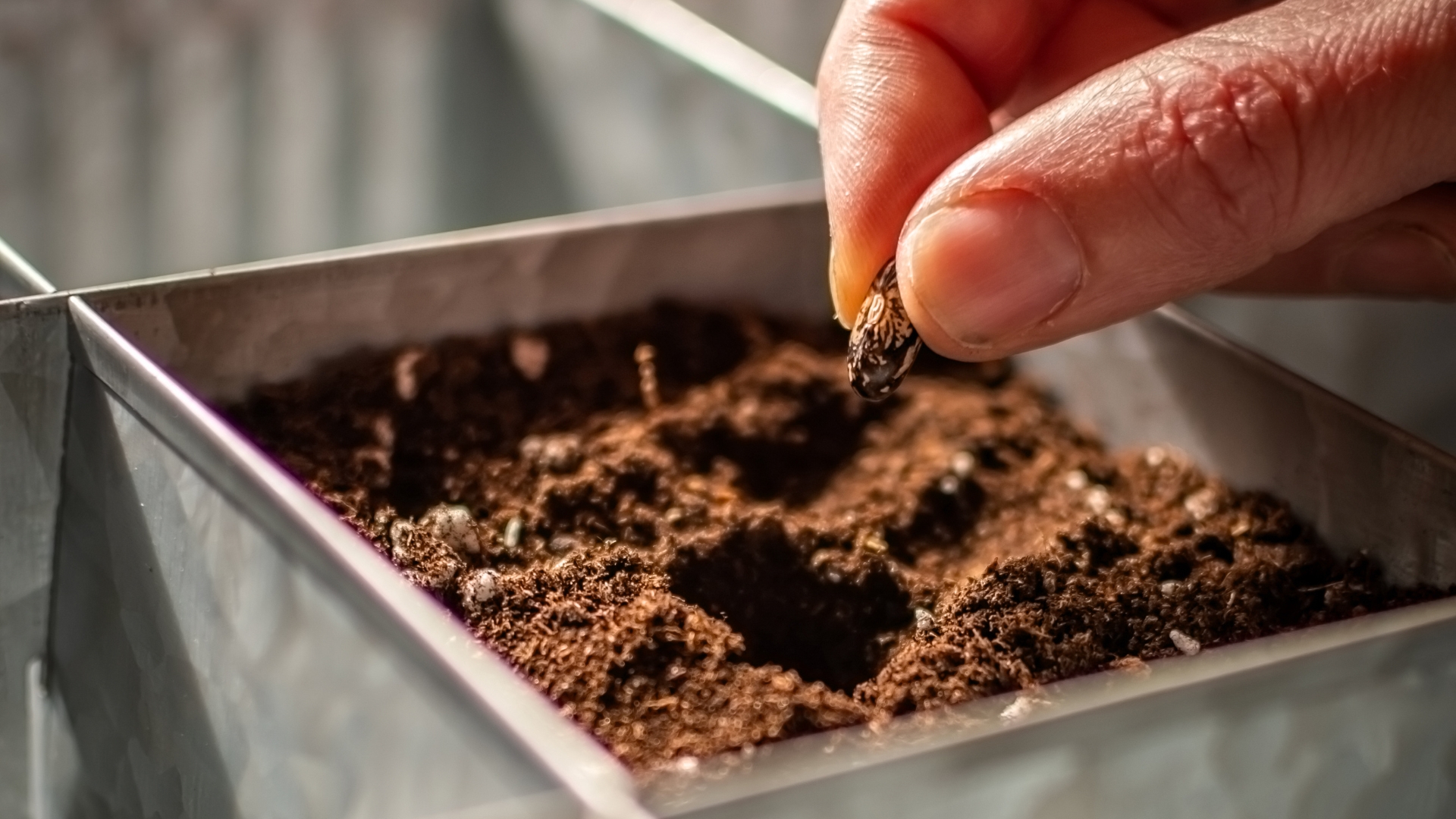
Starting seeds in February can be a thrilling endeavor for any gardening enthusiast. It’s a chance to get ahead of the season, ensuring a rich and varied garden that will flourish through the coming months. As the cold winter days linger on, selecting the right frost-resistant seeds can make all the difference. These hardy seeds defy the chill, allowing you to enjoy an extended growing season and a bountiful harvest. Let’s explore 25 fantastic options that are perfect for sowing this February. Each offers its own unique benefits and can help you cultivate a resilient and thriving garden.
1. Kale
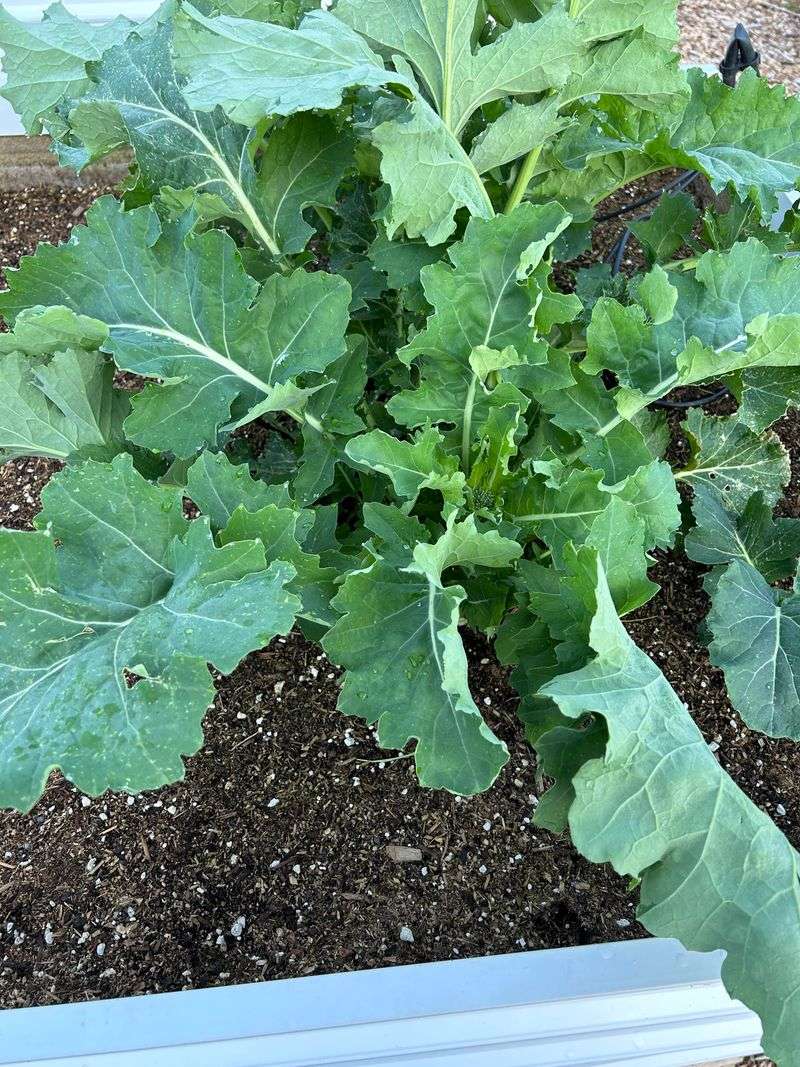
Imagine a plant that thrives in the coldest of temperatures. Kale is that resilient green, able to withstand frost and even become sweeter after a frost period. Its hardy nature makes it the perfect choice for starting in February.
The cold weather won’t deter its growth, allowing it to establish itself before the heat of spring arrives. With its rich nutritional profile, kale is a powerhouse for your garden and table alike. Planting it early gives it a head start, ensuring a robust harvest when other plants are just beginning to grow.
2. Spinach
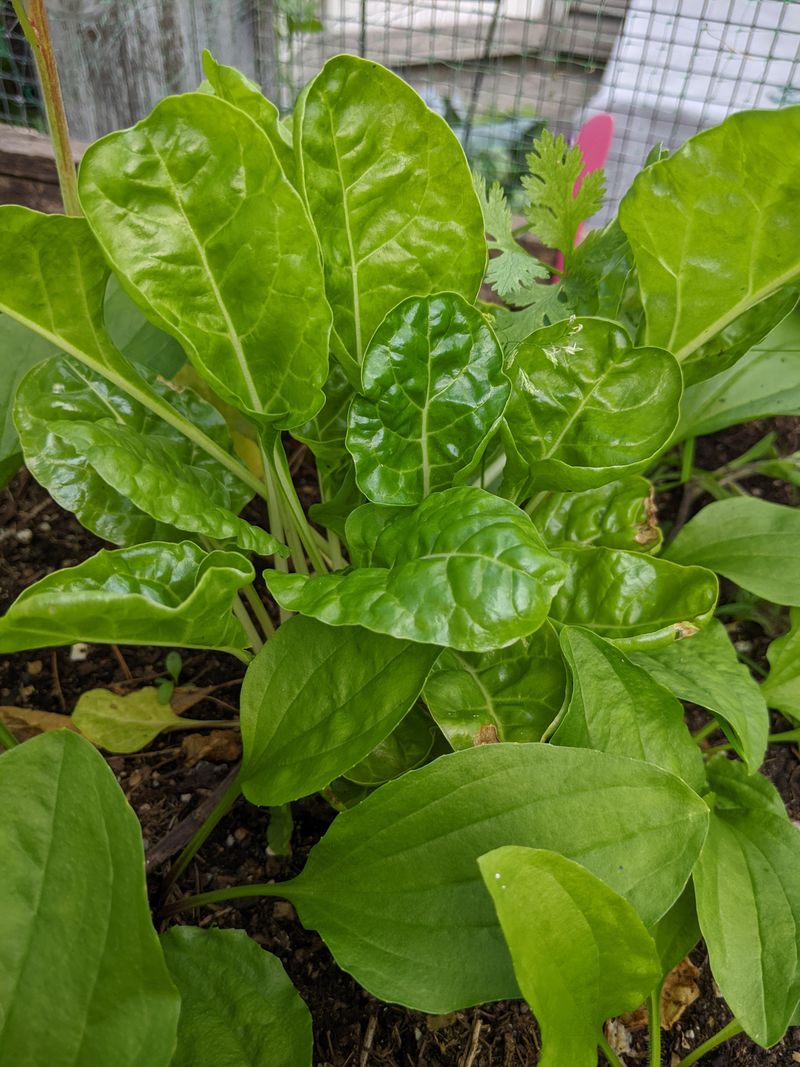
A leafy green that laughs in the face of cold weather—this is spinach. Known for its ability to prosper in chilly conditions, spinach is ideal for early planting. Starting seeds in February means you’ll have a steady supply of this nutritious green when others are just waking from their winter slumber.
Its rapid growth rate ensures that you’ll have tender leaves to harvest in no time. By giving it an early start, you maximize its potential and extend your growing season, providing fresh greens for your meals early in the year.
3. Peas
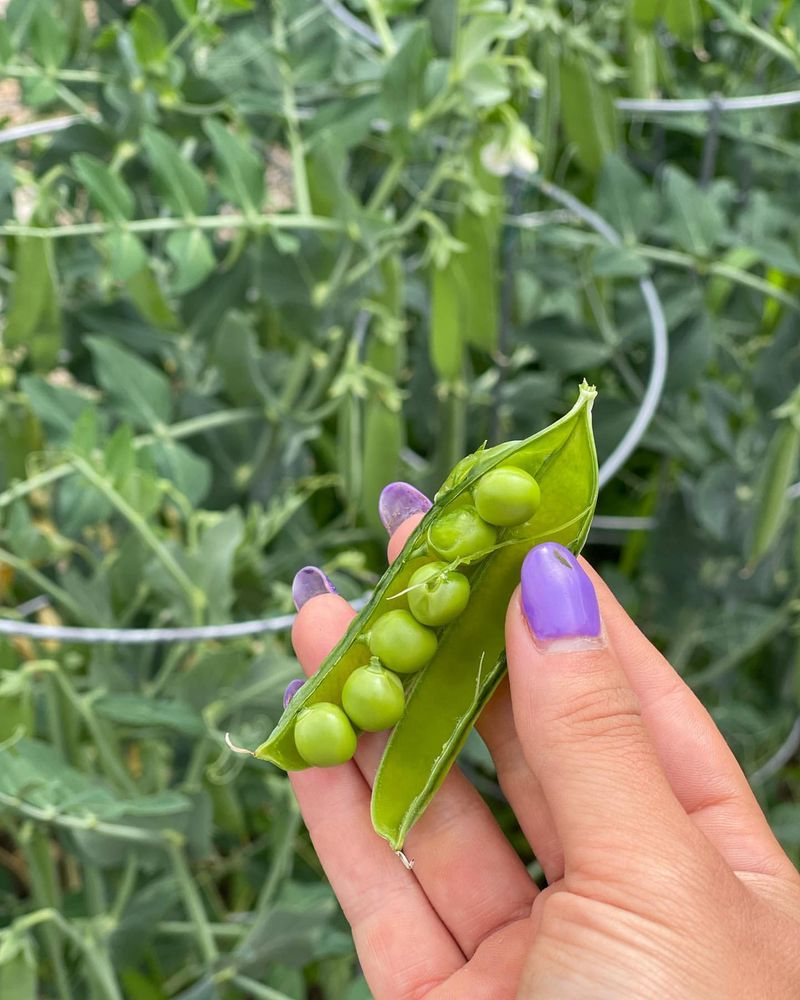
This climber is a champion in cooler climates, making it perfect for February sowing. Peas are frost-resistant and thrive when planted early, rewarding your efforts with a bountiful harvest. By planting peas at the start of the season, you allow them to develop in cooler temperatures, which they prefer.
Their ability to fix nitrogen in the soil is an added bonus, enriching the garden environment. Offering fresh, sweet pods early in the season, peas are a delightful addition to any garden seeking to make the most of the colder months.
4. Carrots
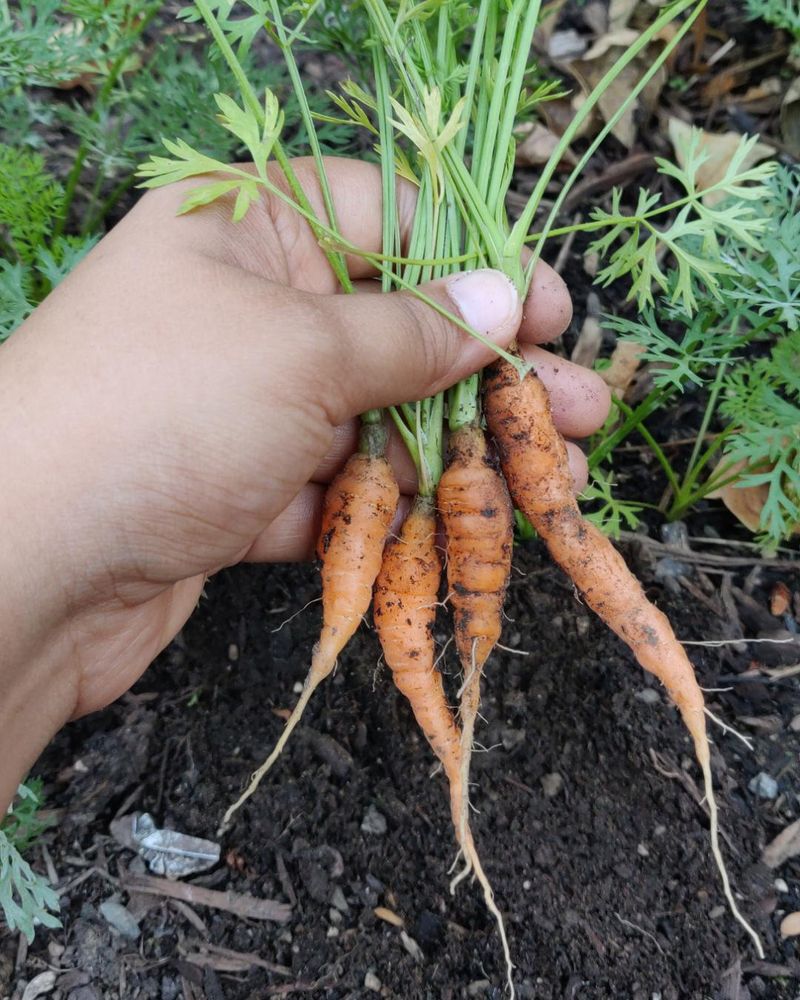
Root vegetables that stand the test of time and temperature are invaluable. Carrots are one such vegetable, with the ability to grow well in colder climates. Starting them in February allows them to establish roots while the soil is still cool, fostering healthy growth.
Their sweet flavor intensifies after exposure to frost, making them a delicious addition to your harvest. By getting carrots into the ground early, you ensure a continuous supply of crisp, flavorful roots that are perfect for fresh eating or culinary creations.
5. Radish
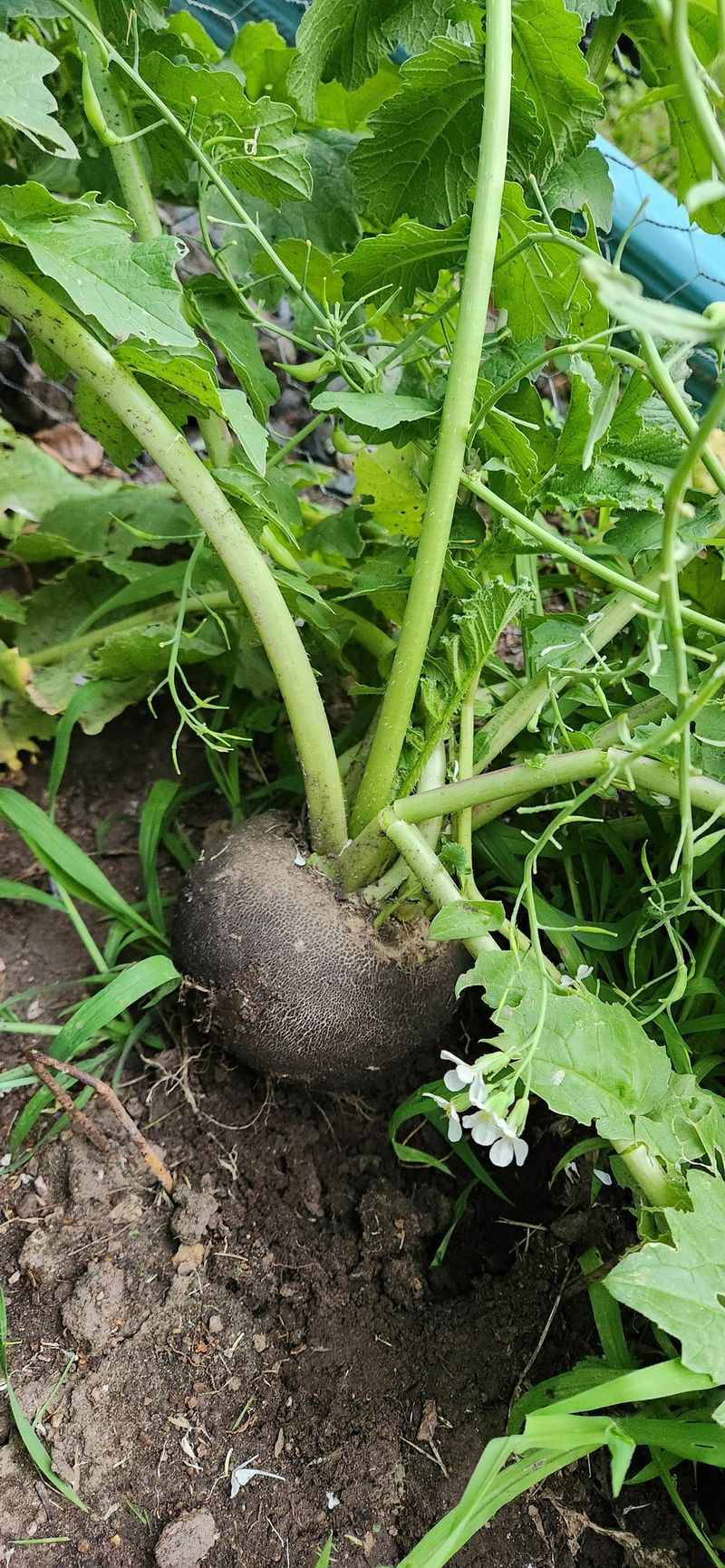
Quick to grow and quick to please, this root vegetable thrives in cooler conditions. Radishes are frost-resistant and germinate rapidly, making them ideal for February planting. Their ability to mature swiftly means you can enjoy their peppery crunch in a matter of weeks.
By planting radishes early, you ensure a continuous harvest throughout the season, keeping your salads fresh and flavorful. Their vibrant colors and distinct taste make them a standout in any garden, particularly when many other plants are still dormant.
6. Lettuce
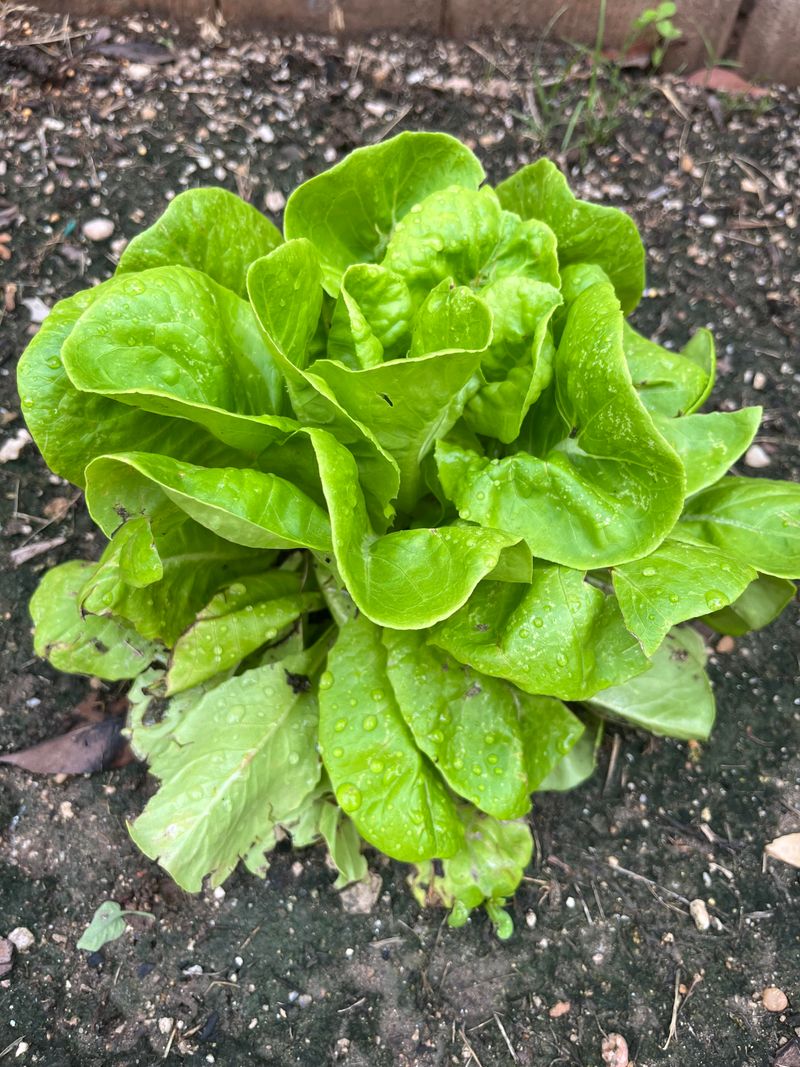
Tender yet tough, lettuce can brave the early spring chill. This frost-tolerant green is perfect for starting in February, providing fresh leaves when planted early. Its quick growth cycle means you’ll be harvesting in no time, adding a splash of green to your meals.
Lettuce’s versatility in the kitchen makes it a staple for any gardener looking for variety and flavor. By giving it an early start, you can enjoy multiple harvests, ensuring a steady supply of fresh salads and garnishes all spring long.
7. Broccoli
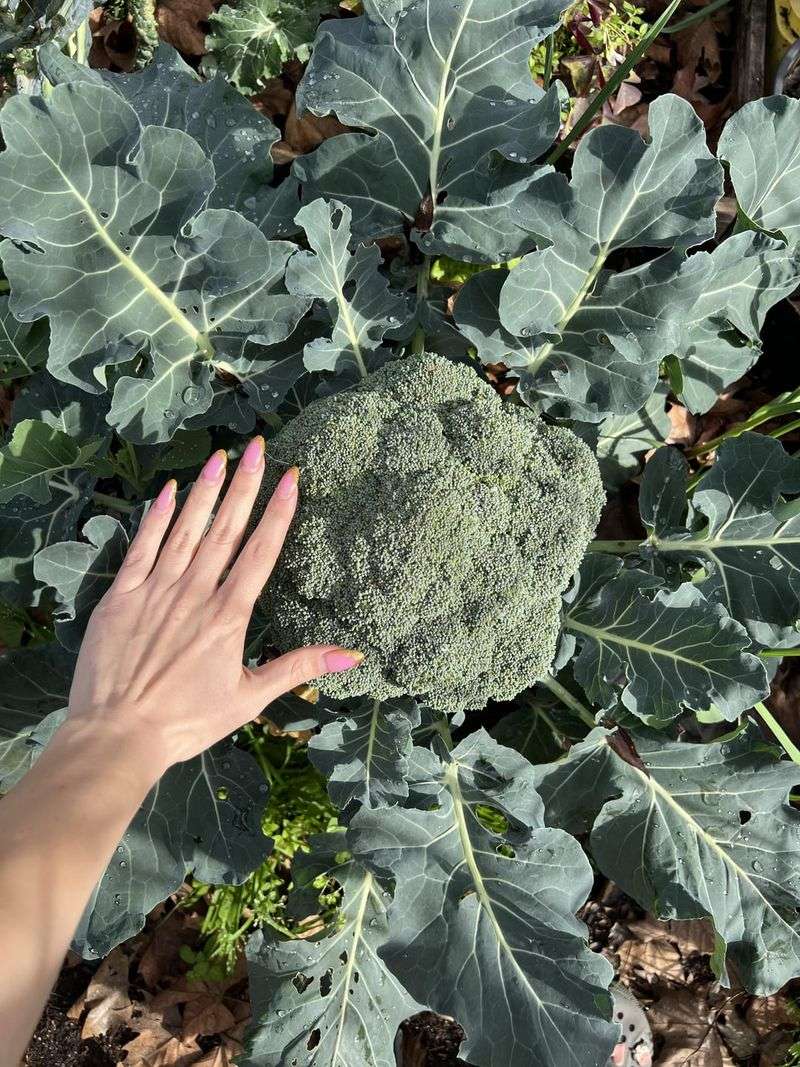
A cruciferous powerhouse that stands strong against the cold, broccoli is a gardener’s ally. Starting seeds in February allows this resilient vegetable to establish before the heat of summer. It thrives in cooler temperatures, which can enhance its flavor and texture.
By sowing broccoli early, you ensure a robust harvest of nutrient-rich florets. Its ability to withstand cooler conditions means you’ll enjoy a healthy crop when other plants are just starting to catch up. Broccoli’s early start makes it a valuable addition to any extended growing season plan.
8. Cabbage
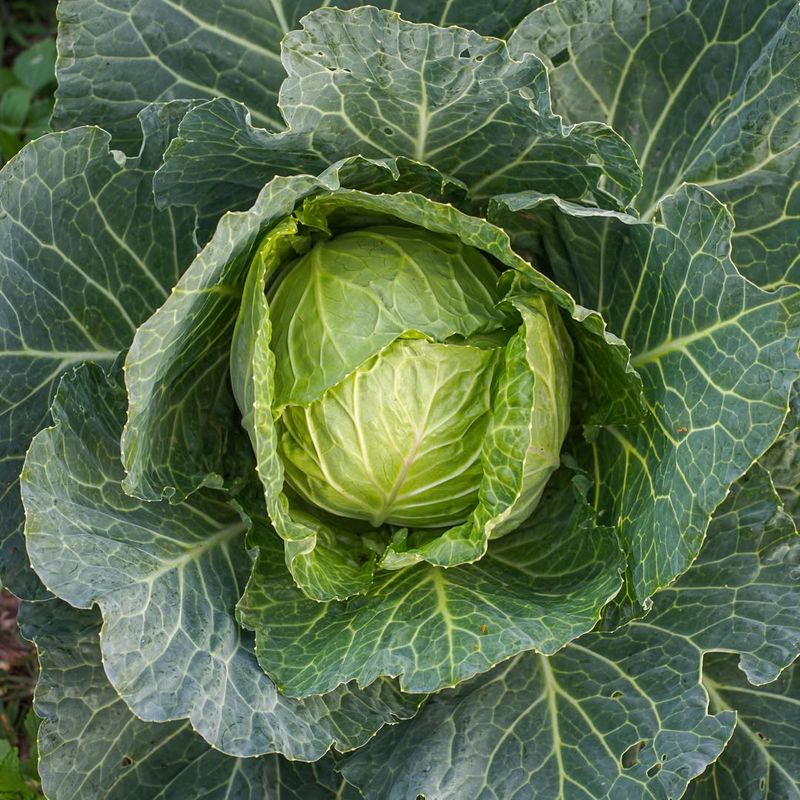
Imagine a vegetable that thrives in the face of chilly weather. Cabbage is just such a plant, with the resilience to grow well in colder conditions. Starting seeds in February means they have the chance to develop before the summer sun intensifies.
This heady green loves the cool temperatures, which can enhance its flavor and texture. By giving cabbage a head start, you ensure a plentiful harvest of this versatile vegetable. Its ability to withstand frost makes it a staple for any garden seeking an extended growing season.
9. Cauliflower
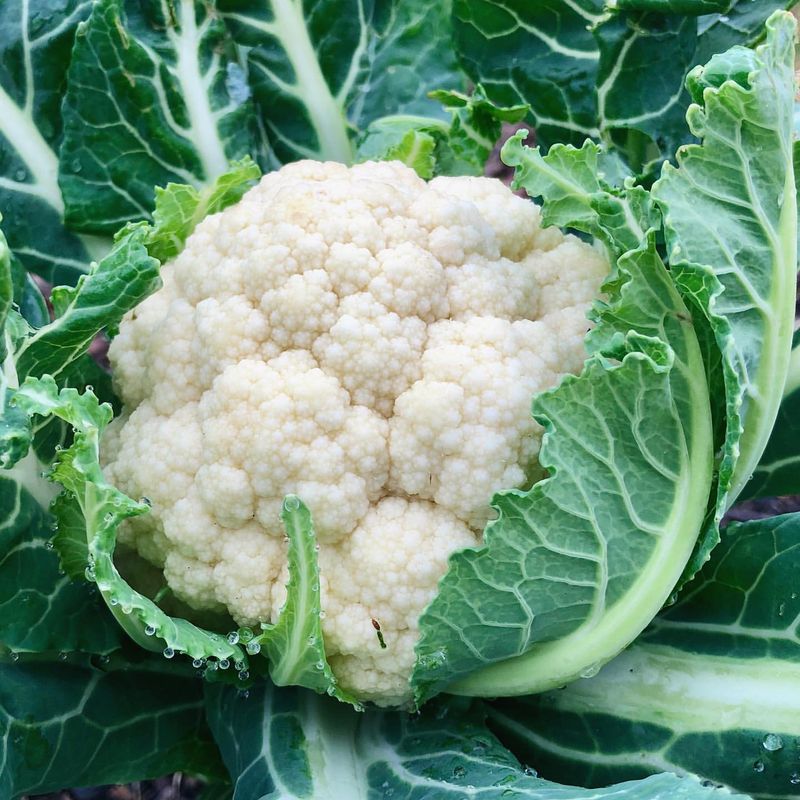
A member of the brassica family, cauliflower is perfectly suited for early planting. It thrives in cool weather, making February an ideal time to start seeds. The mild temperatures help cauliflower develop its signature tight heads and creamy texture.
By planting early, you give cauliflower a chance to mature before the heat of summer. This ensures a harvest of fresh, flavorful heads that can be used in a variety of dishes. Its resilience to frost makes cauliflower a smart choice for gardeners looking to maximize their growing season.
10. Beets
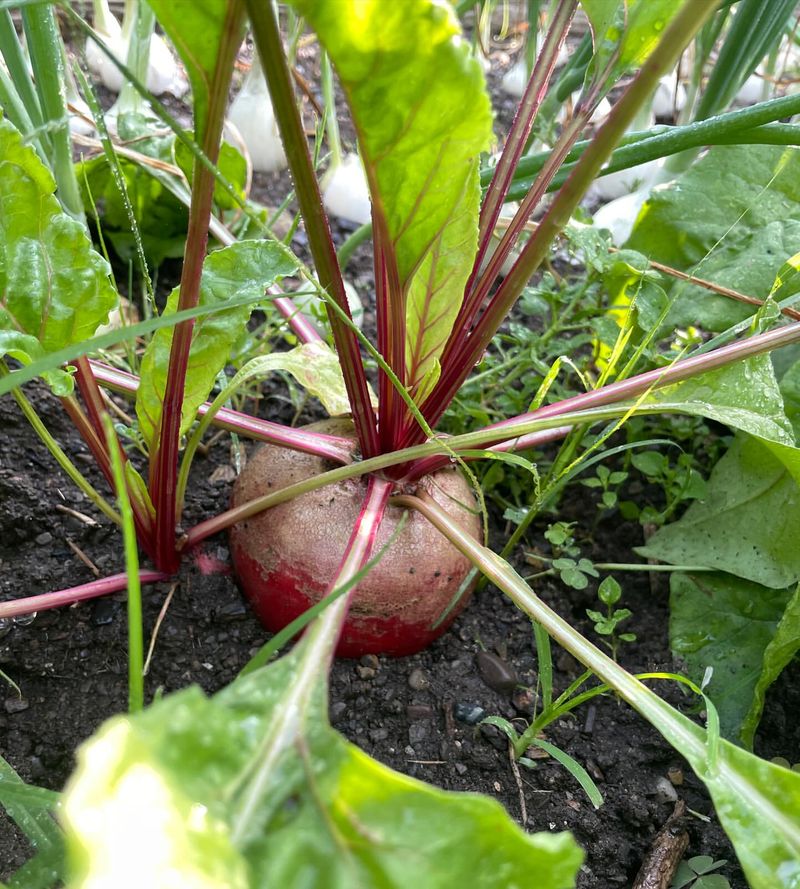
Rooted in tradition and flavor, this vegetable is a gardener’s delight. Beets are frost-tolerant and thrive when started early, making February an ideal time. Their ability to grow in cooler temperatures allows them to develop sweet, earthy roots.
By planting beets at the beginning of the season, you ensure a robust harvest that can be enjoyed fresh or stored for later use. Their vibrant colors and rich taste make them a standout in any garden, offering a wealth of culinary possibilities throughout the year.
11. Swiss Chard
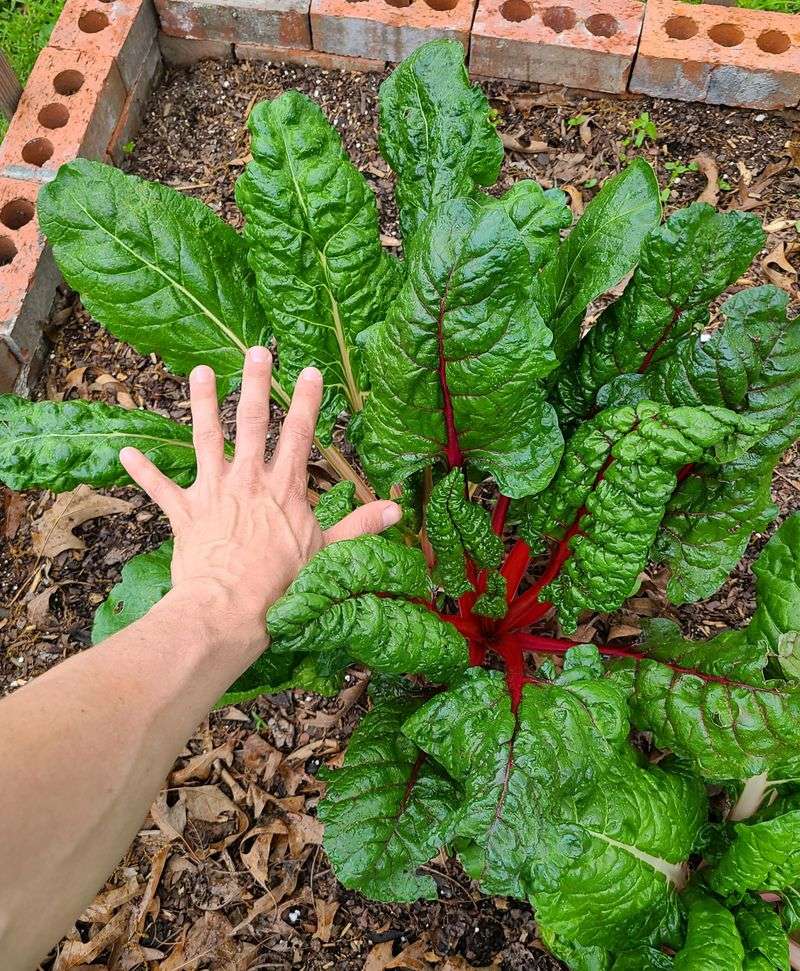
This leafy green is both beautiful and resilient, thriving in the face of frosty weather. Swiss chard stands strong against the cold, making February an excellent time to start seeds. Its colorful stalks and nutritious leaves make it a favorite among gardeners and chefs alike.
By planting in cooler weather, you allow swiss chard to develop fully, offering a rich harvest of greens for your kitchen. Its ability to withstand frost ensures a continuous supply of fresh produce, brightening your garden and meals alike.
12. Arugula
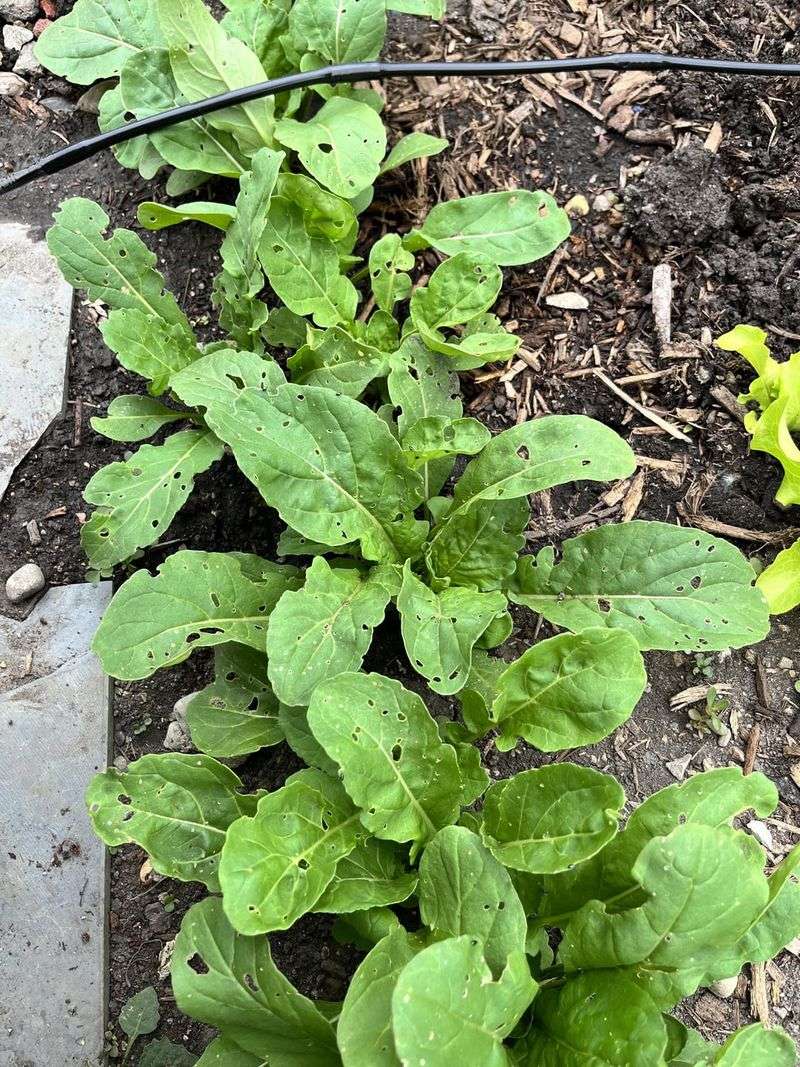
Imagine a green that adds a peppery kick to any dish. Arugula thrives in cooler temperatures, making it perfect for February sowing. Its rapid growth rate means you’ll have spicy greens ready to harvest in just a few weeks.
By starting seeds early, you ensure a steady supply of this flavorful green, enhancing your meals with its unique taste. Arugula’s resilience to frost means you can enjoy fresh leaves even when other plants are slow to start. It’s a must-have for any gardener looking to spice up their garden early in the season.
13. Onion
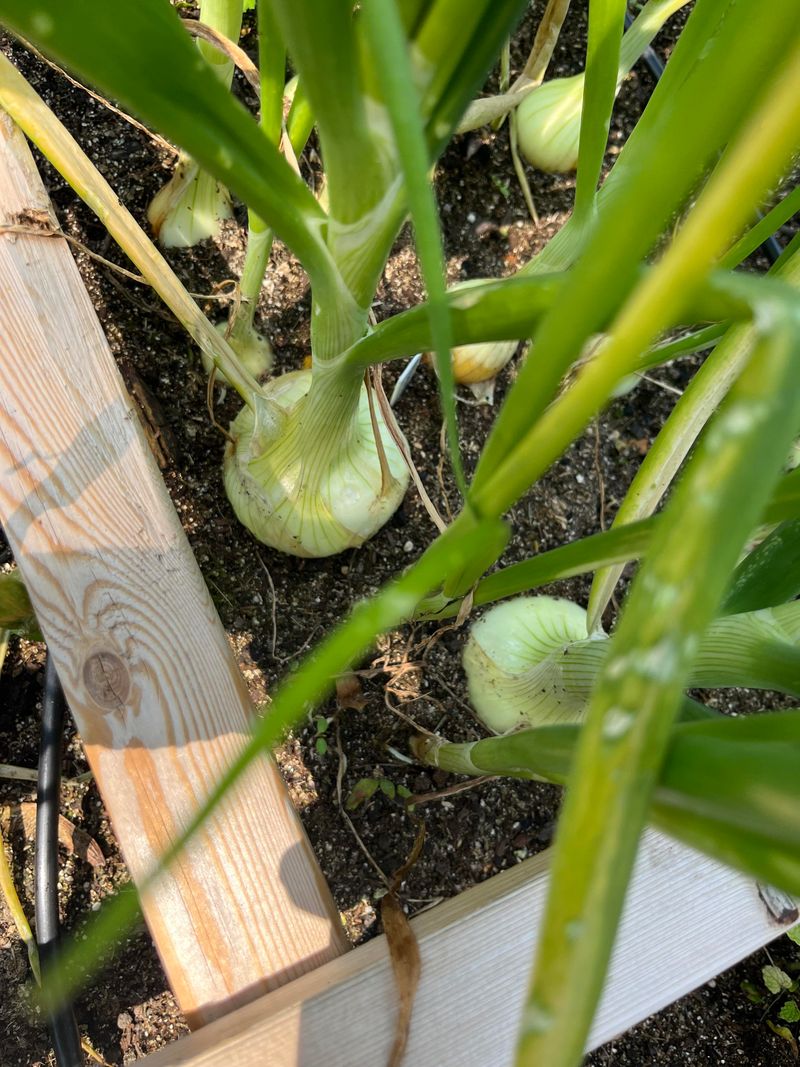
A staple in kitchens worldwide, onions are surprisingly resilient. Their ability to withstand colder temperatures makes them ideal for February planting. By starting seeds early, you give onions the chance to develop strong roots before the intensifying summer heat. Their flavor only improves with cold weather, adding depth to any dish.
Onions’ early start ensures a plentiful harvest, providing an essential ingredient for countless recipes. Their hardiness and versatility make them a valuable addition to any garden, offering a consistent supply for culinary creations.
14. Garlic
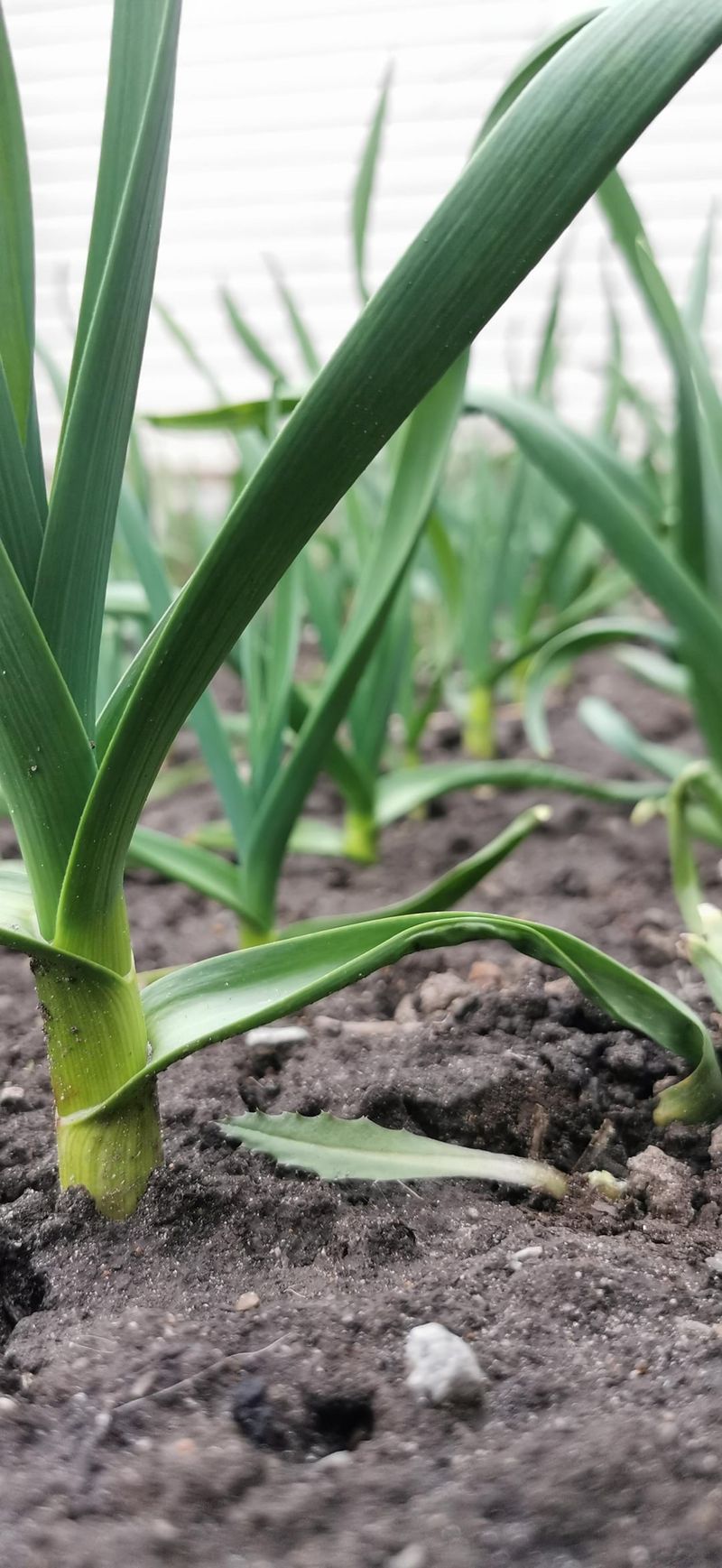
A powerhouse in both flavor and growth, garlic is a must for any garden. It thrives when planted in cooler temperatures, making February the perfect time. By starting garlic early, you allow it to develop robust cloves that will enhance your meals with their rich taste. Its ability to withstand frost makes it a reliable crop, providing a continuous supply of flavor throughout the year.
Garlic’s early start ensures a bountiful harvest, adding a punch to your dishes and a staple to your pantry. It’s a gardener’s favorite for extending the growing season.
15. Leeks
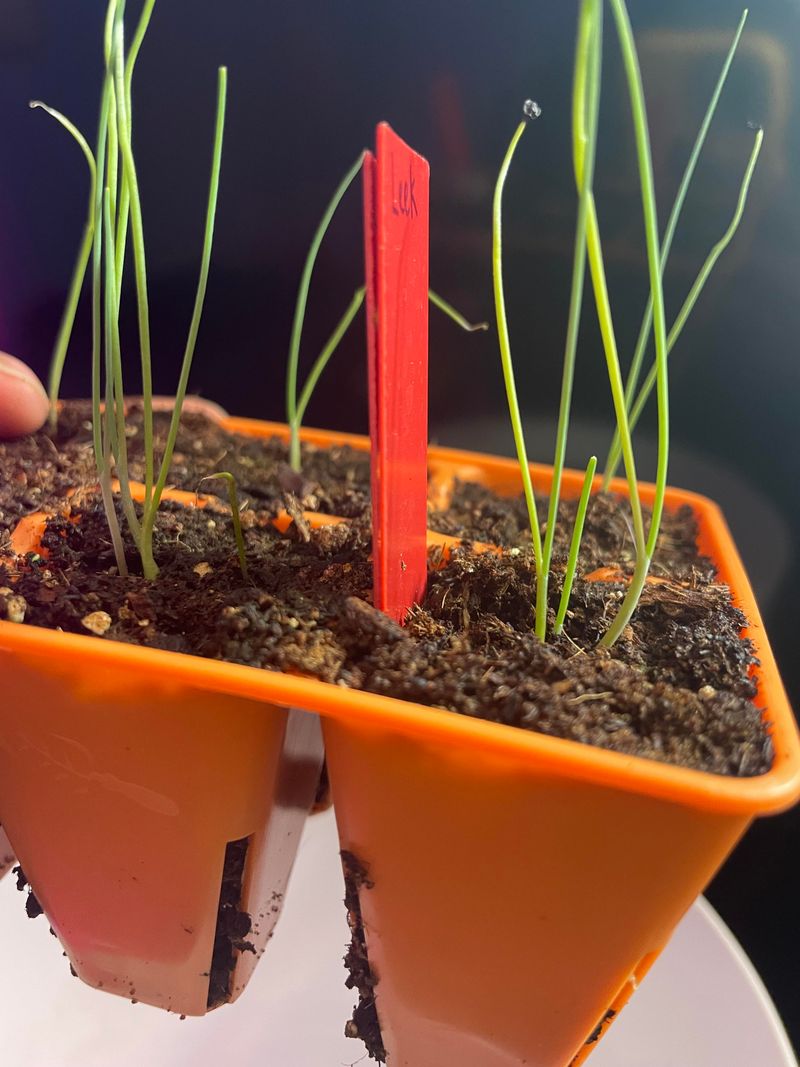
With their mild, sweet flavor, leeks are a wonderful addition to any kitchen. They thrive in cooler temperatures, making them ideal for February planting. Starting seeds early allows leeks to develop their distinct stalks before the heat of summer.
Their resilience to frost ensures a steady supply, perfect for soups, stews, and more. By giving leeks an early start, you guarantee a flavorful harvest that can be enjoyed fresh or stored for later use. Their versatility and hardiness make leeks a valuable crop for any extended growing season.
16. Brussels Sprouts
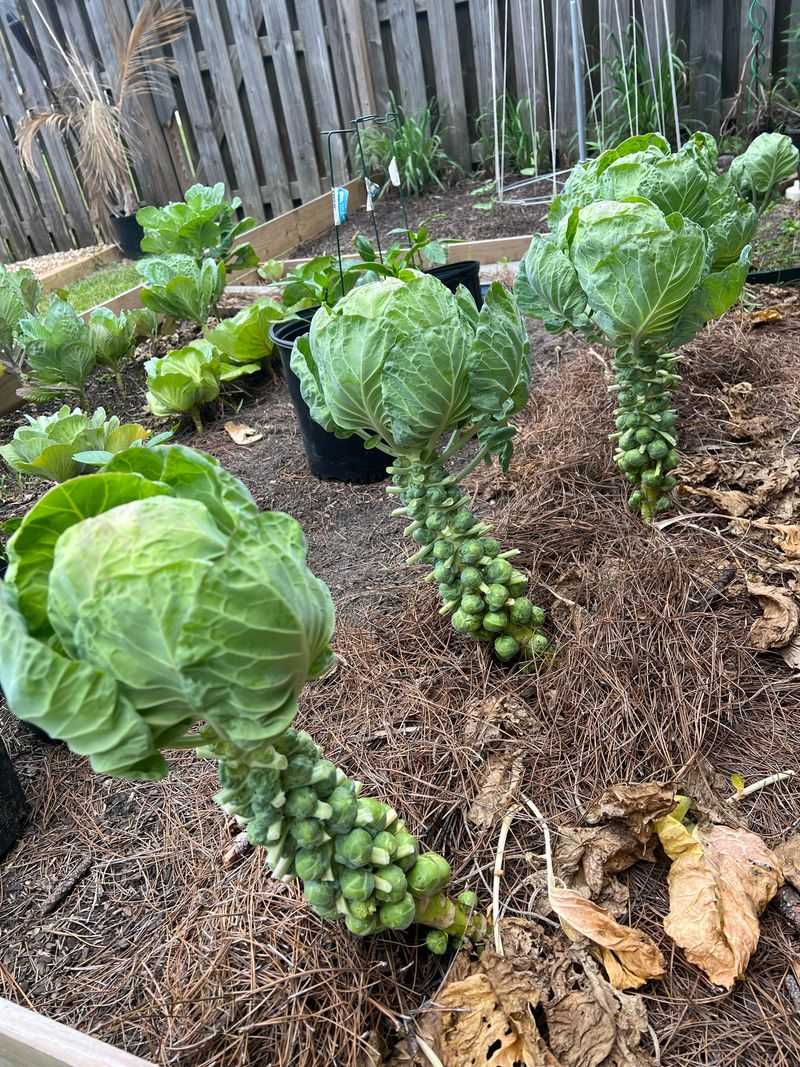
Tiny cabbages on a stalk, these vegetables are a cold-weather favorite. Brussels sprouts thrive in cooler temperatures, making February an ideal time to start seeds. Their ability to withstand frost means you can enjoy a healthy harvest when other crops are still dormant.
By planting early, you allow Brussels sprouts to develop fully, offering a robust crop of nutrient-rich sprouts. Their unique growth habit and flavor make them a standout in any garden, providing a tasty addition to your kitchen and a visual delight for your garden.
17. Mustard Greens
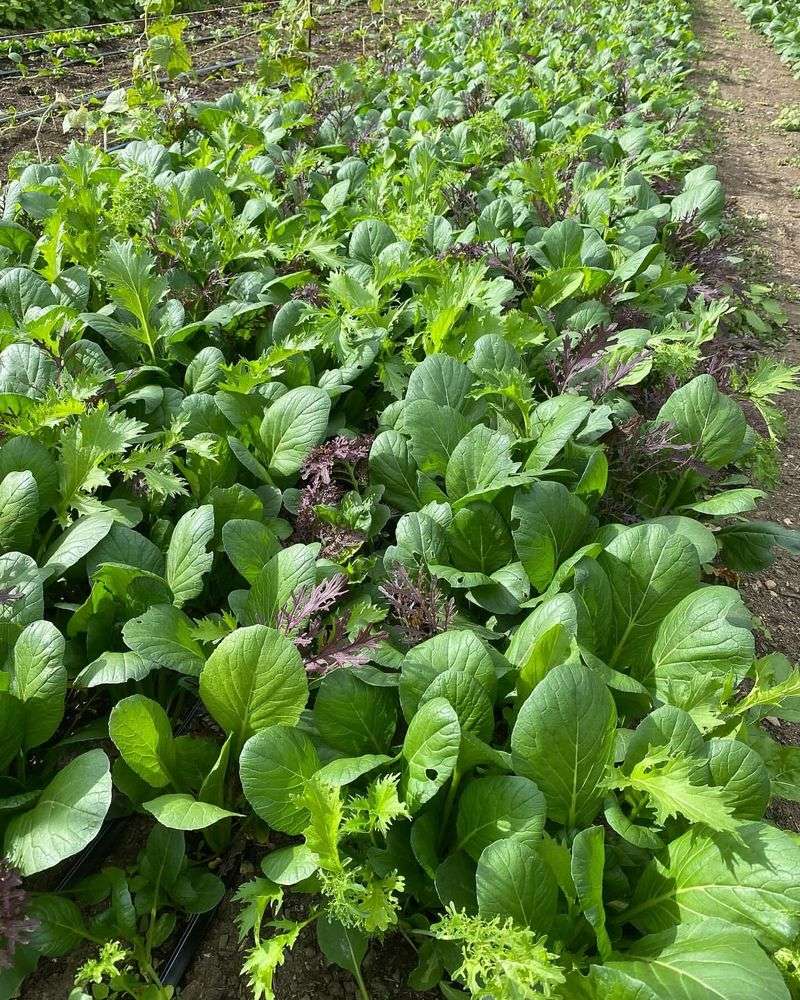
Bold and spicy, these greens add a burst of flavor to any meal. Mustard greens thrive in cooler temperatures, making February an excellent time to start seeds. Their rapid growth rate ensures a steady supply, allowing you to enjoy their peppery taste early in the season.
By planting mustard greens early, you ensure a continuous harvest, enhancing your dishes with their unique flavor. Their resilience to frost makes them a valuable addition to any garden, offering a fresh and flavorful option for extending your growing season.
18. Turnips
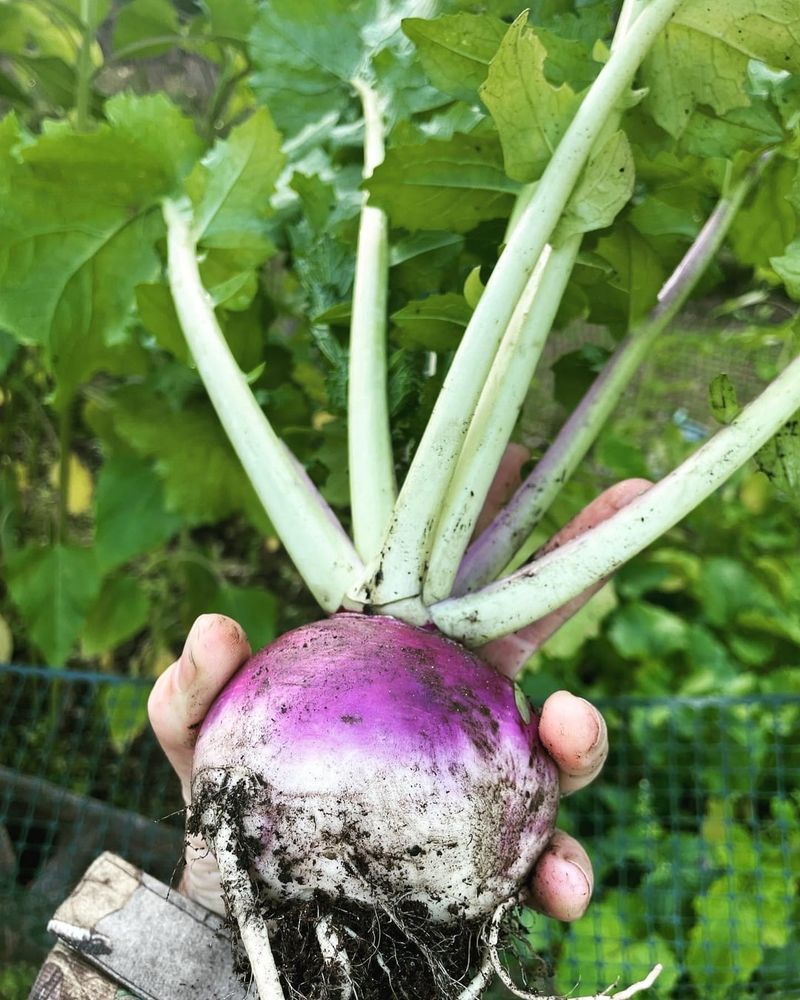
Root vegetables with both edible greens and roots, turnips are a gardener’s delight. They thrive in cooler temperatures, making February an ideal time for sowing. By starting seeds early, you allow turnips to develop sweet, crunchy roots and tender greens that can be enjoyed fresh or cooked.
Their ability to withstand frost ensures a steady supply, perfect for adding variety to your meals. Turnips’ early start guarantees a robust harvest, providing a versatile and flavorful addition to your kitchen. Their hardiness and unique taste make them a must-have for any garden.
19. Collard Greens
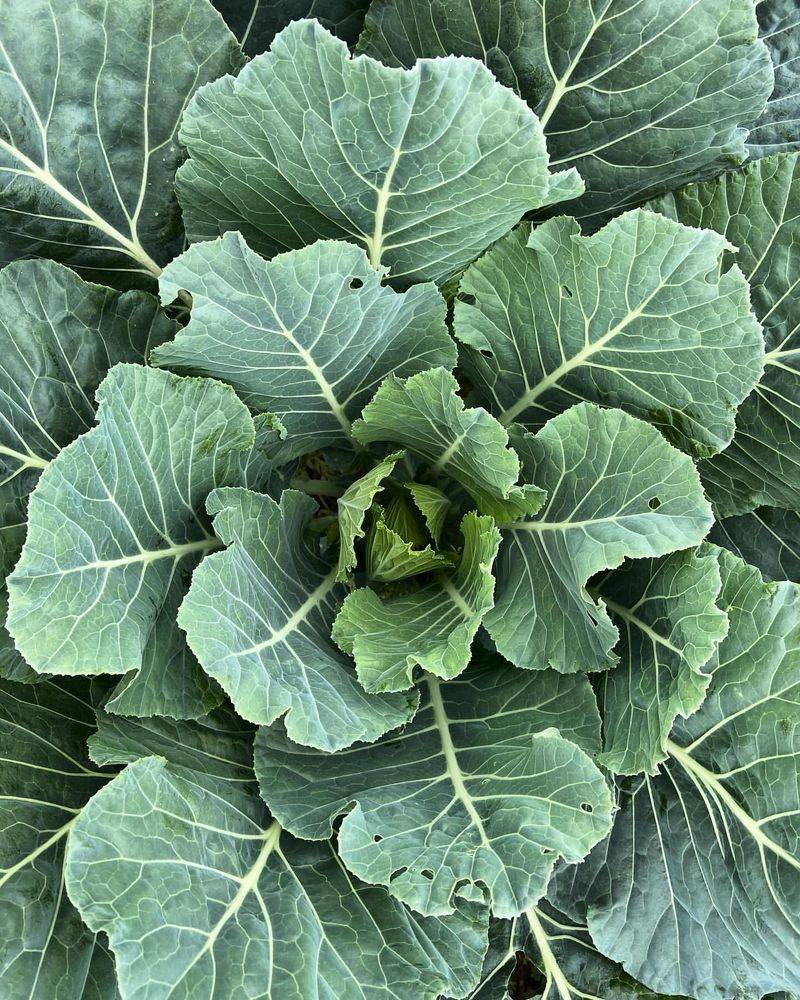
With their large, sturdy leaves, collard greens are a cold-weather staple. They thrive in cooler temperatures, making February an excellent time to start seeds. Their ability to withstand frost means you’ll have a steady supply of nutritious greens throughout the season.
By planting collard greens early, you ensure a robust harvest that can be enjoyed fresh or cooked. Their mild flavor and versatility make them a favorite among gardeners and chefs alike. Their resilience to cold weather ensures a continuous supply of healthy greens, perfect for extending your growing season.
20. Parsley
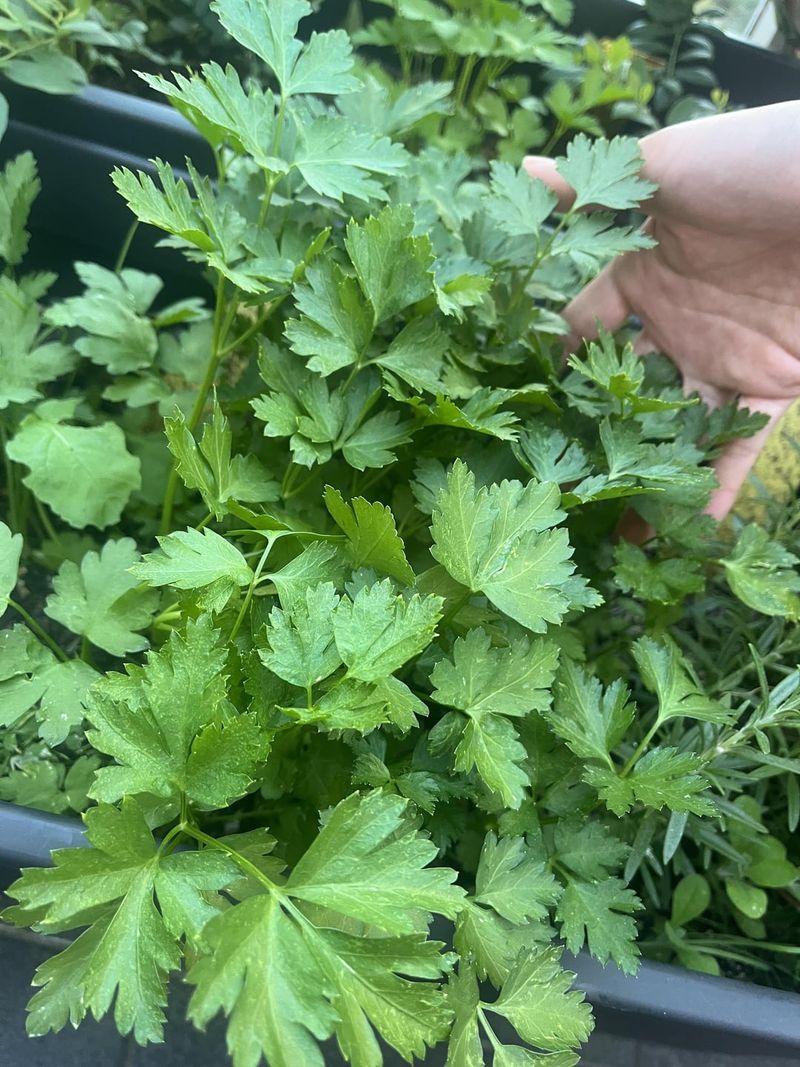
This herb is more than just a garnish; it’s a garden staple. Parsley thrives in cooler temperatures, making February ideal for starting seeds. By planting early, you allow it to develop a robust flavor and vibrant green color. Its resilience to frost ensures a steady supply of fresh herbs for your kitchen.
Parsley’s early start guarantees a bountiful harvest, providing a versatile ingredient that enhances any dish. Its ability to grow well in cooler conditions makes parsley a valuable addition to any garden, offering a fresh and flavorful option for extending your growing season.
21. Fava Beans
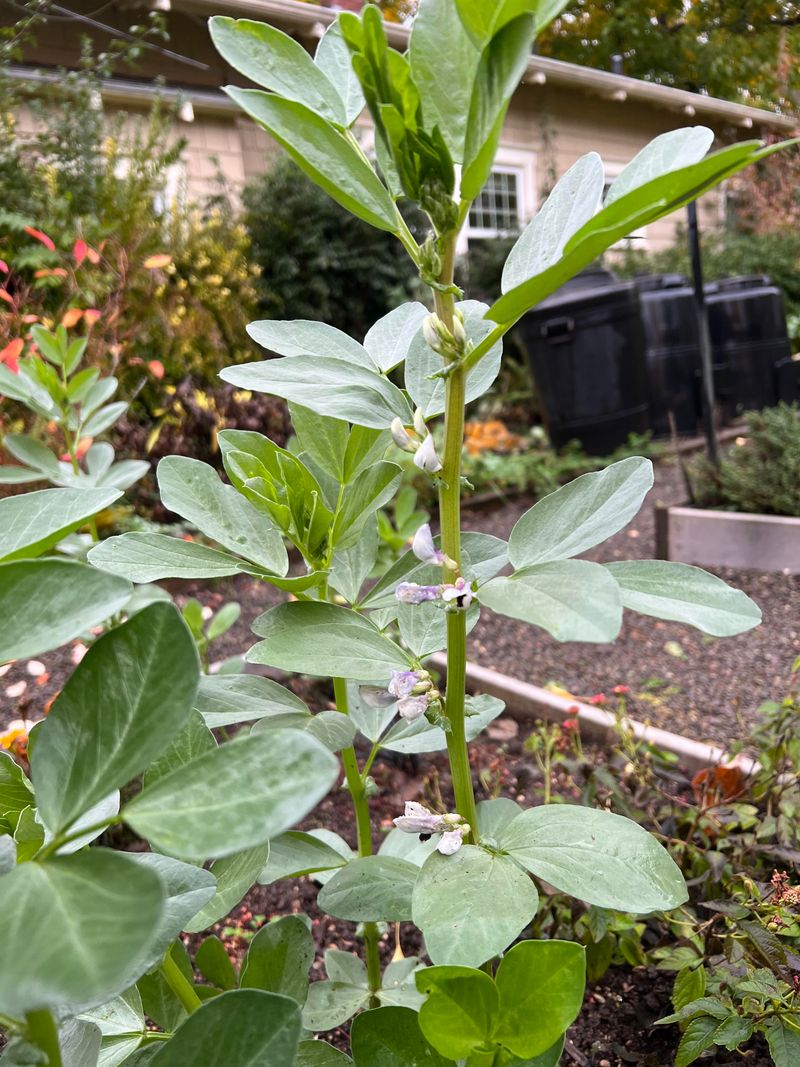
These legumes are a gardener’s delight, thriving in cooler conditions. Fava beans are frost-tolerant, making February an ideal time to start seeds. Their ability to improve soil nitrogen levels makes them a beneficial crop, enhancing your garden’s health. B
y planting fava beans early, you ensure a robust harvest of these protein-rich beans. Their resilience to frost ensures a continuous supply, perfect for adding variety to your meals. Fava beans’ early start guarantees a rewarding harvest, providing both culinary and environmental benefits. They’re a must-have for any garden looking to extend the growing season.
22. Kohlrabi
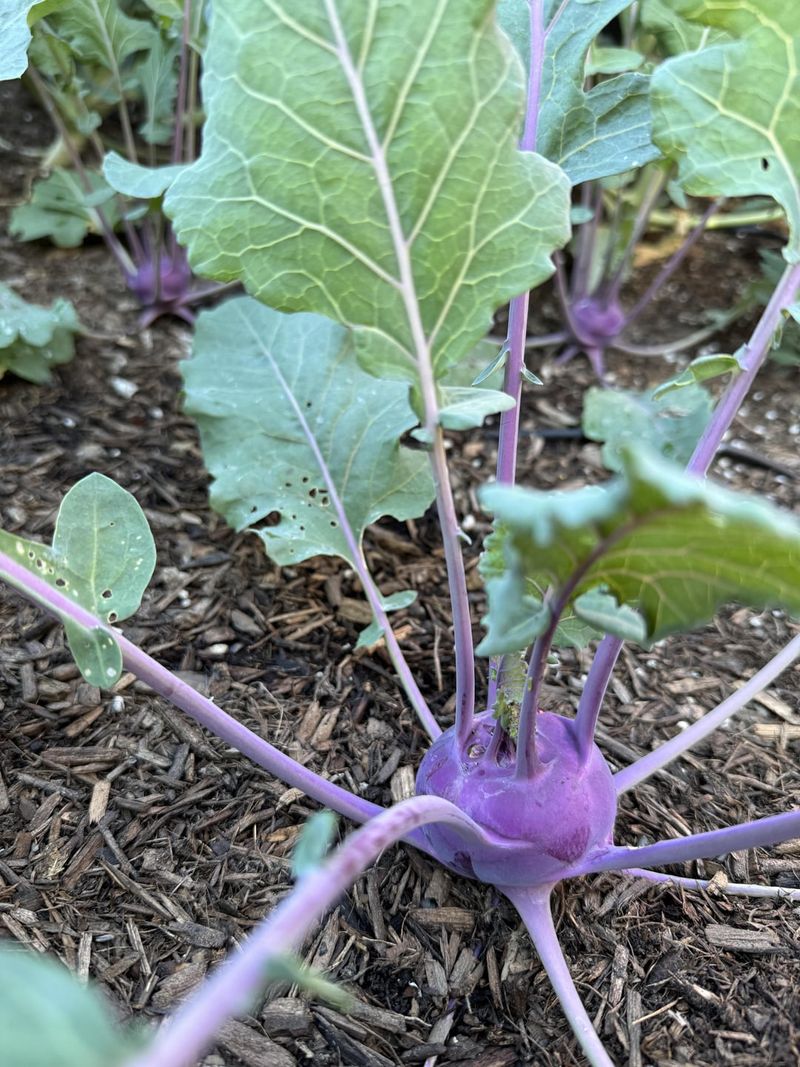
A unique vegetable with a distinctive appearance, kohlrabi thrives in cooler temperatures. It is frost-tolerant, making February a perfect time to start seeds. By planting early, you allow kohlrabi to develop its crispy, flavorful bulbs and tender leaves.
Their ability to withstand frost ensures a steady supply of fresh produce for your kitchen. Kohlrabi’s early start guarantees a robust harvest, offering a versatile and flavorful addition to your meals. Its unique taste and texture make it a standout in any garden, providing a fresh option for extending your growing season.
23. Mache (Corn Salad)
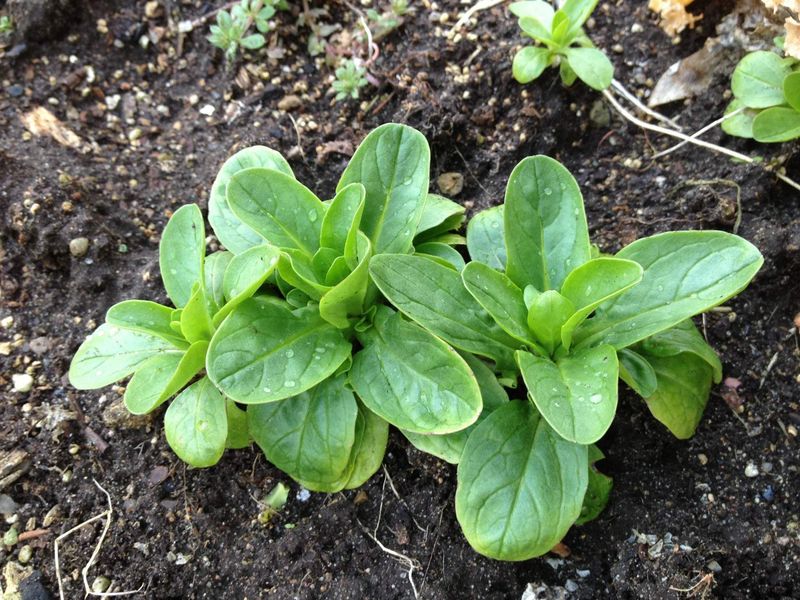
Imagine a green that thrives in the coldest of conditions. Mache, also known as corn salad, is perfect for February planting. Its tender leaves can withstand frost, providing fresh greens when others are scarce. By starting seeds early, you ensure a steady supply of this mild, nutty-flavored green.
Mache’s resilience to cold weather makes it a perfect choice for extending your growing season. Its early start guarantees a bountiful harvest, offering a fresh and flavorful option for your kitchen. Mache’s unique taste and hardiness make it a must-have for any garden.
24. Endive
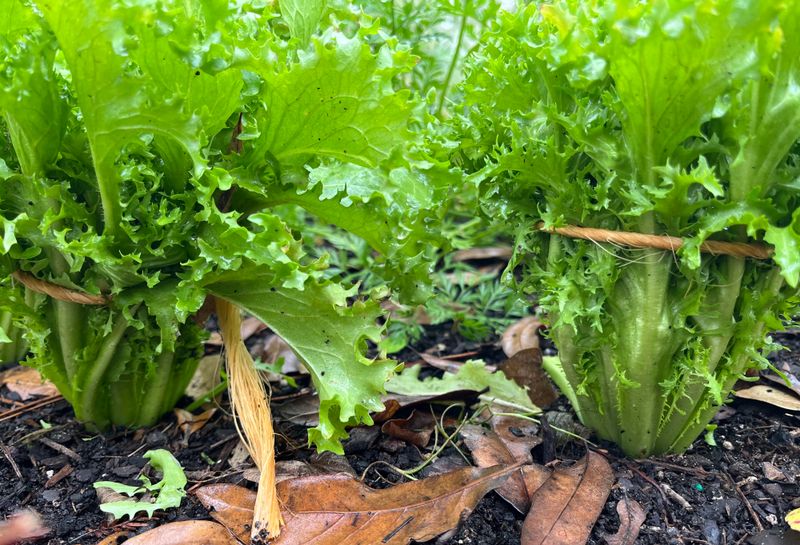
This leafy green is known for its distinct taste and texture. Endive is frost-tolerant, making February an ideal time to start seeds. By planting early, you allow it to develop its signature curly leaves and slightly bitter flavor. Its ability to withstand frost ensures a steady supply of fresh greens for your kitchen.
Endive’s early start guarantees a robust harvest, providing a unique and flavorful addition to your meals. Its versatility in the kitchen makes it a valuable crop for any garden, offering a fresh option for extending your growing season.
25. Mizuna
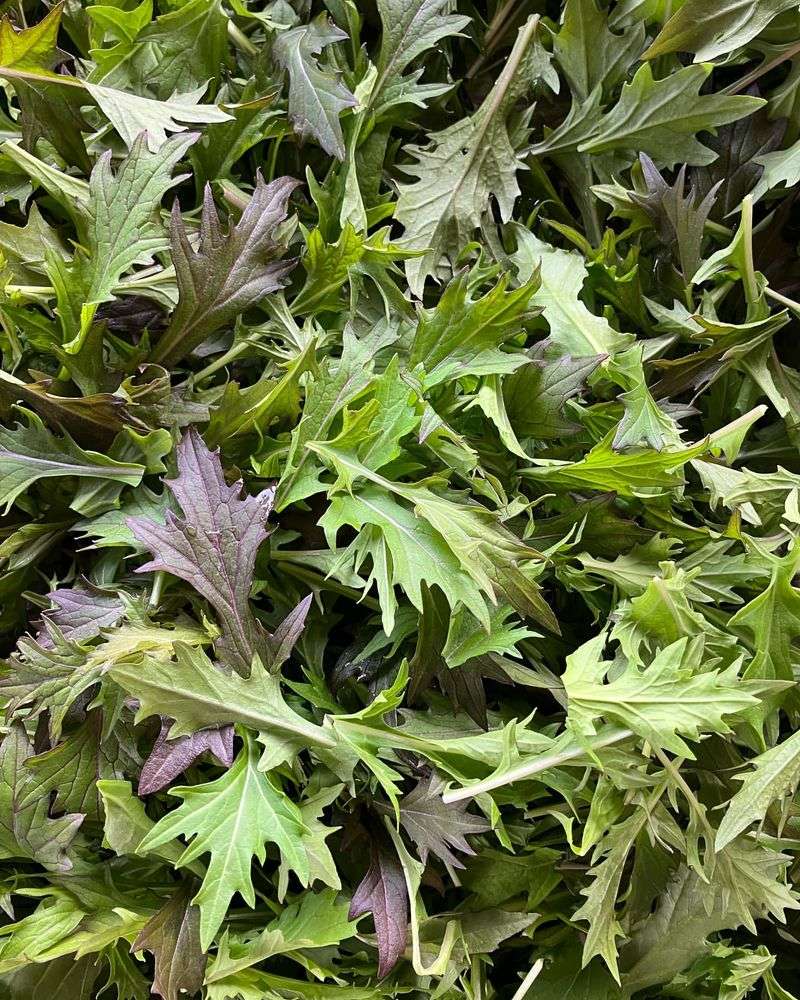
With its feathery leaves and mild flavor, mizuna is a delight for any gardener. It thrives in cooler temperatures, making February an excellent time to start seeds. By planting early, you ensure a steady supply of this versatile green, perfect for salads and stir-fries.
Mizuna’s resilience to frost makes it a valuable addition to any garden, providing fresh greens when others are scarce. Its early start guarantees a bountiful harvest, offering a unique and flavorful option for your kitchen. Mizuna’s hardiness and distinct taste make it a must-have for extending your growing season.


